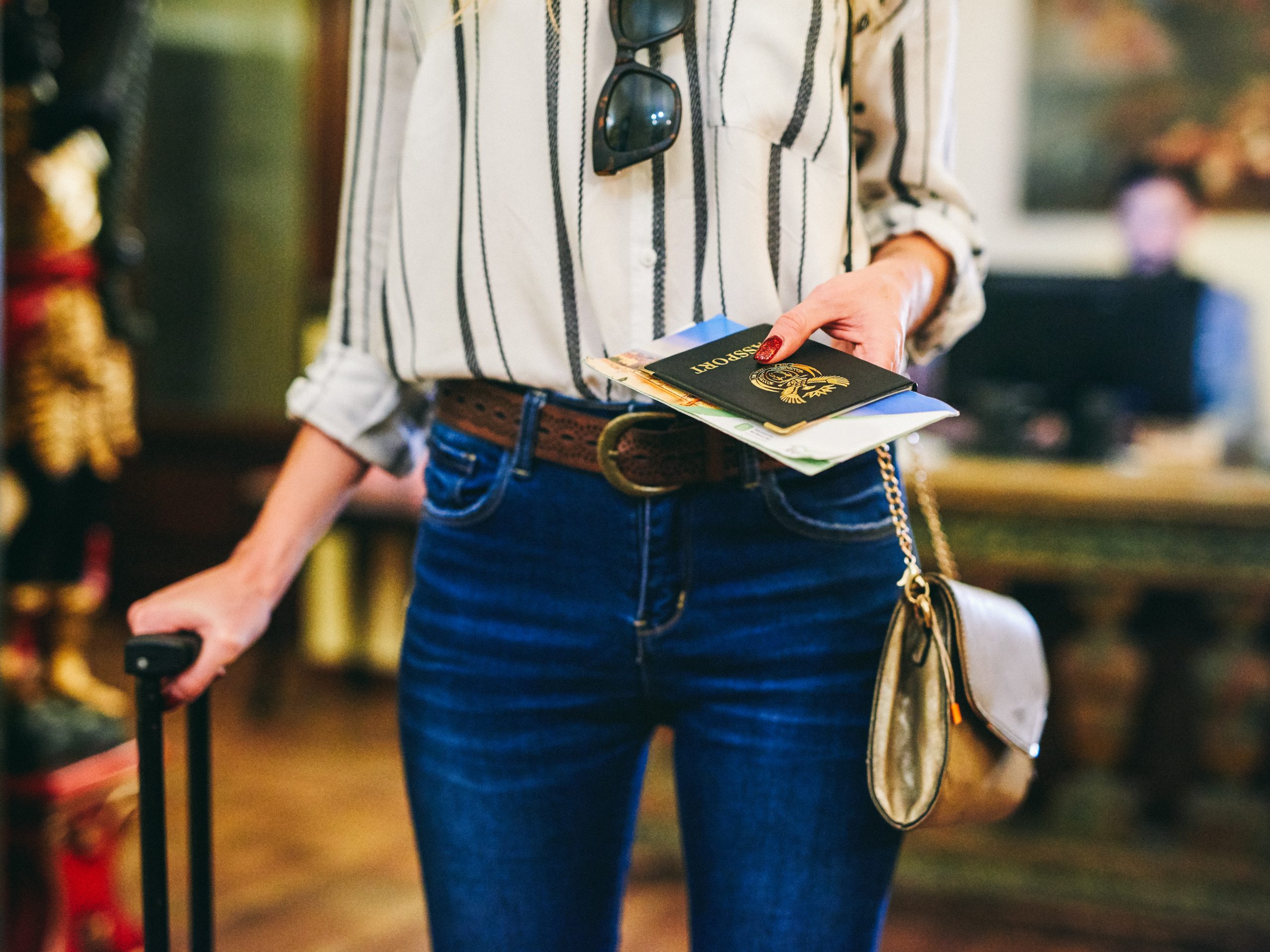- Insignia, a 20-year-old European luxury personal concierge service for ultrawealthy individuals, recently made its way to the US.
- Business Insider spoke to Richard Lewis, the US president of Insignia, about how the service works and how it’s being implemented in the US.
- Lewis said Insignia clients mostly utilize the lifestyle management service to book travel, and there’s one main difference in how his European clients approach vacation versus his American clients – the degree of planning.
- Visit Business Insider’s homepage for more stories.
Insignia, a luxury lifestyle management service, has been booking outrageous travel experiences for the ultrawealthy in Europe since 1996. Now, they’ve made the move to the US.
Business Insider spoke with the US president of the company, Richard Lewis, to get a sense of how the service works. Membership is by invitation only and provides each client not only with a premium credit card but also with a designated personal assistant to aid with “any and all requests.” Many, Lewis said, are related to travel.
While Insignia’s European clientele come to expect their personal assistant’s help with making a notable restaurant reservation or coordinating a luxury road trip complete with an accompanying Michelin-star chef and wilderness expert, American clients are, in general, less inclined to have someone else plan for them, according to Lewis.
But once clients warm to the service, other cultural differences identify themselves.
"Europeans say, 'I have a vacation in mind,' and they will probably have, whether it's a week or two weeks, they will probably plan something every other day," Lewis said of typical European clients. "They will get the important bits done [ahead of time], the to-and-from the destination. They'll have the accommodation ready and then they'll maybe layer in a few other experiences or restaurants." Overall, Lewis contended, European luxury travelers tend to build in the opportunity to "live in the moment" once on vacation.
The newer US clients, on the other hand, he said, prefer to be more detailed in pre-planning. "The US clients literally want to know what they're doing every single hour of the day from the outset," Lewis said. "That's totally pre-planned."
Lewis' observations about Insignia's clientele are in line with other common generalizations about European and American differences
The Telegraph's Sally Peck wrote about American travel habits in 2018. "In Beijing, they'll 'do' the Forbidden City, the Temple of Heaven and the Summer Palace - and all in one morning. In the afternoon, it's the Great Wall," Peck observed. "Americans are list-tickers; with less holiday time than Europeans, they're a people on a mission, and they don't want to waste time."
Europeans, as previously reported by Business Insider, typically do have more paid vacation leave than Americans. The difference, which can amount to weeks, explains why Americans are more accustomed to meticulously scheduling out a vacation.
"They're making the most of everything," and maximizing every possible second of their precious time off, according to Lewis.

